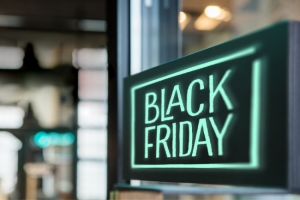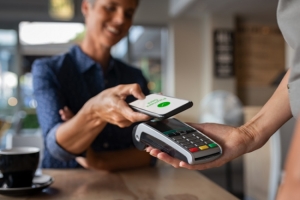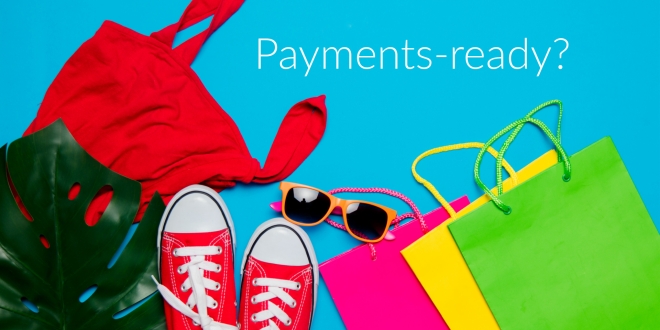By: Michael Jaszczyk, CEO of GK Americas
The holidays are the most anticipated shopping season for both consumers and retailers. The second that coffee shops begin offering pumpkin-flavored drinks, and temperatures start to dip, US consumers pull out their wallets – and retailers are ready.

However, some reports indicate that holiday shopping in 2025 is looking a little different from prior years.
A recent PwC survey predicts the first decline in holiday spending since 2020, as consumers expect their seasonal spending to average a 5% decline from last year. Retailers across every vertical are now preparing for a challenging holiday season. There is even a seasonal hiring decline: employers added only 22,000 jobs in August, well short of economists’ predictions.
The retail industry may face some economic headwinds going into 2026, and consumers will continue to exercise caution; however, retailers are resilient. As they develop their strategies for the new year, they are considering how best practices in payment offerings can help win shopper attention and spend.
After all, the payment experience can be a key differentiator for a retailer. Let’s discuss the questions retailers should ask when evaluating their payment processes.
#1: Do shoppers have options, including buy now, pay later?

Today’s payment landscape is riddled with payment options. New methods will only keep entering the market, too. For example, digital payments are more popular than ever; spending via digital payment methods – including buy now, pay later (BNPL) services, account-to-account payments, and digital wallets – is predicted to surpass $33.5 trillion by 2030. BNPL has especially gained popularity with consumers, given the economic climate, as 25% of BNPL users say they’ve used the loans to buy groceries as of September 2025, up 14% from a year ago.
Modern consumers now expect the option to pay from any device, anywhere, with multiple payment methods and the option to pay over time if they choose. Retailers must meet these expectations, and they can be a key to winning customer loyalty and giving retailers an edge.
#2: Are payment processes efficient?

Efficiency is also top of mind during the holidays and beyond. When shopping in-store, customers expect shorter wait times and a more flexible checkout experience.
For example, mobile payments enable customers to complete checkout anywhere, whether they’re on the go or from the comfort of their couch. Scanless options also let customers view their carts in real time and choose how they check out.
Retailers should make payments available and accessible from anywhere – because that is what the modern consumer demands.
#3: Are payment methods secure?
In the midst of innovation and the myriad of payment options, security and compliance are, as always, top priorities. Retailers may be able to provide customers the convenience of multiple payment options and touchpoints, but without the assurance of security, they’re meaningless.

What’s more, simply meeting compliance standards is not enough. Retailers must master security and compliance to fully support payment options. The good news is that, when executed properly, a supported, omnichannel payment system will please consumers and inspire invaluable loyalty.
Setting the stage for a positive 2026
Despite economic challenges, forward-thinking retailers are making the necessary adjustments to make the most of every sales opportunity — and payments are a big part of this. Flexible, safe, and convenient payment options are a necessity to serve customers best and ensure a prosperous future.
About the Author

Michael Jaszczyk is the CEO of GK Americas, where he works to maintain and enhance the company’s global reputation as a supplier of one of the most innovative and comprehensive retail software platforms and suites of services. Jaszczyk has been a part of GK for more than 12 years, previously serving as CTO. He draws on an extensive wealth of experience, both in software development for the retail sector and as a manager at international IT companies, including MCRL AG, Pironet AG and SA2 Retail AG. GK Software provides a future-proof foundation to support retailers’ customer engagement strategies.

